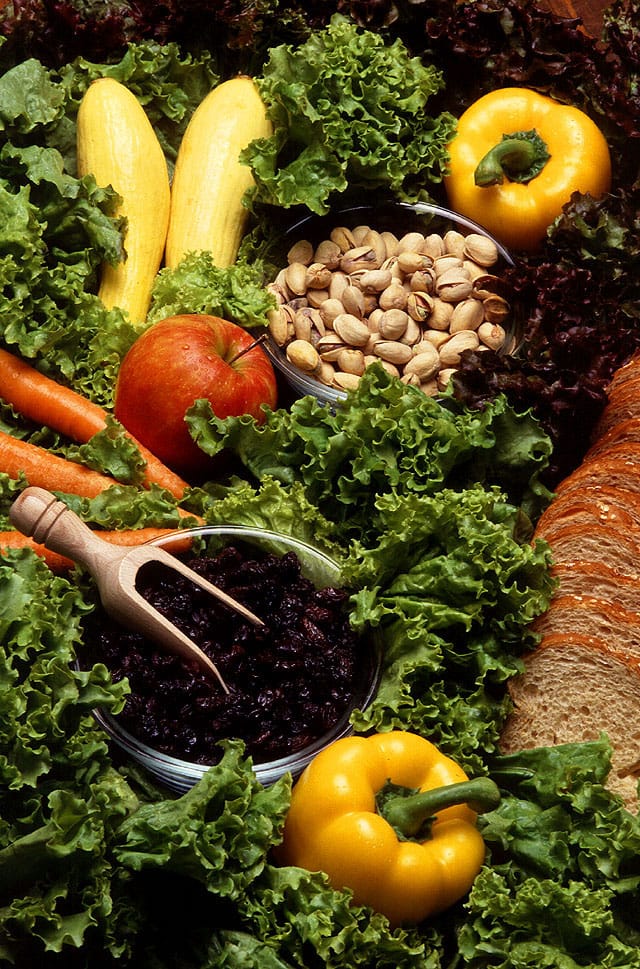
Organic foods are grown without using most pesticides, herbicides or fertilizers. Farms also need to have a significant buffer zone to decrease contamination from neighboring farms, and livestock must be raised on organic feed and not given routine antibiotics or hormones.
In addition, consuming organic foods can help reduce your exposure to harmful chemicals and improve your overall health. One study shows that switching to an organic diet can reduce your pesticide load by 90%.
What are the harmful effects of pesticides and chemicals in the food supply?
Every year, US farmers use a billion pounds of pesticides on fruits and vegetables. These chemicals are intended to protect plants from disease and weeds, but their residues can be left on the food and pose health risks to consumers.
The US government’s regulatory agencies test foods for pesticide residue levels. Typically, testing shows that pesticide residues are below safety standards.
But some pesticides are incredibly toxic, even at low levels. They can harm brain development, cause birth defects, impair fertility, and increase breast-cancer risk.
Children, especially young girls, are particularly vulnerable to the harmful effects of pesticides, because their bodies undergo rapid changes during puberty. They’re also more sensitive to chemical exposures than adults, says Devon Payne-Sturges, DrPH, a professor of public health at the University of Maryland School of Public Health in College Park.
To reduce the risks, the US government requires that pesticides be regulated at one-hundredth the amount of the chemical that is safe for lab animals. This safety margin, known as the FQPA safety factor, was designed to take into account the unique vulnerability of infants and children.
How can consuming organic foods reduce my exposure to harmful chemicals and improve my overall health?
Organic food is produced through farming practices that use only natural substances. This means avoiding artificial chemicals, hormones, antibiotics, and genetically modified organisms (GMOs).
Many people choose to consume organic foods in order to reduce their exposure to harmful chemicals and improve their overall health. This can be beneficial for many reasons, such as reducing your risk of cancer or improving your immune system.
The biggest benefit of eating organic is that it can help you avoid pesticides and other harmful chemicals. Eating organic can significantly reduce your exposure to pesticides that are regularly used in agriculture, such as organophosphates and glyphosate.
These types of pesticides have been linked to a variety of health problems, including asthma, brain development in children, birth defects, and autism. Choosing to consume primarily organic foods can help to dramatically reduce your exposure to these chemicals and provide an immediate, positive health impact.
Other benefits of consuming organic foods include higher levels of antioxidants and lower nitrates in organic crops. Meat, dairy products and eggs can also contain more nutrients if they are raised organically.
What are the benefits of consuming organic foods?
Consuming organic foods can provide a number of benefits to your health. They’re more nutritious and contain a higher amount of vitamins and minerals than non-organic foods, which means you’ll get more out of your food purchase.
They also have lower levels of pesticide residues than produce grown using conventional methods. These levels are generally well below the safety limits set by the Environmental Working Group’s Clean Fifteen and Dirty Dozen lists.
Moreover, organic foods don’t have the same chemical compounds that can cause problems in your body, such as organophosphorus, which is linked to autism, ADHD, and other developmental disorders.
These harmful chemicals can be absorbed through your skin, so you should wash and scrub any food you eat to reduce your exposure. You can also cook your food to remove some of these toxins.
In addition to the health benefits, organic foods are more environmentally friendly because they use less water and fewer pesticides. They also release fewer greenhouse gas emissions.
Organic meat, dairy and eggs are also safer for your health because they don’t use routine antibiotics and hormones. They are also raised in more natural conditions and given more room to roam, which can lower their risk for disease and infection.
Frequently Asked Questions
What's the difference between organic foods and inorganic food?
Organic food is free from pesticides, chemical fertilizers and sewage sludge. It can also be grown without irradiation or genetic modification. Organic farming practices improve soil health and water quality as well as animal welfare.
Inorganic foods can be grown using pesticides, chemical fertilizers and sewage sludge. Radiated foods can be treated with radiation. Genetically modified organisms (GMOs) are created by biological engineering techniques.
"Natural" is sometimes used interchangeably in the context of "organic." But, "natural" does not necessarily refer to organic. There are also products labelled "natural" which may contain synthetic ingredients.
Organic produce is often more nutritious than conventional produce, as the soil has fewer pesticides and harmful chemicals. In addition, organic farmers do not use artificial fertilizers, hormones, antibiotics, or pesticides.
What should I be looking out for when shopping organic products
Look for USDA-certified organic labels. This guarantees that the product meets certain USDA standards. On all packages, boxes and cartons, look for the USDA Organic seal.
When shopping for meat ensure it comes only from cows that are fed 100% organic feed. Cattle are ruminants which means that they chew the cud. Ruminant cattle have four stomach areas: rumen (reticulum), omasum (omasum), and abomasum. All parts of an animal must be organically fed if the cow is going to be labelled '100% organic.'
When buying chicken, make sure it comes only from chickens fed 100% organic feed and never given antibiotics. Chickens can eat both animal and plant food. The digestive tract of an omnivorous chicken is composed of a crop and proventriculus, gizzard as well as small intestine, large intestinale, and anus.
It is important to ensure that dairy products are from cows that were fed 100% organic feed. Like ruminants and dairy cows, they have four stomach compartments. The fourth stomach compartment--the cow's udder--is where milk is produced.
You should always check the label before purchasing any other livestock. This will let you know what percentage of the diet was given to the animals. For example, pork may be labelled '95% organic.' This means 95 percent of the pig's feed came from organic sources.
What are the benefits of organic products for skin?
Organic skincare products are made without synthetic chemicals such as parabens, phthalates, mineral oil, petrolatum, petroleum jelly, propylene glycol, sodium lauryl sulphate, talc, triclosan, titanium dioxide, triethanolamine, vitamin A palmitate, etc.
Organic skincare products are free from artificial colours, fragrances and preservatives.
They are designed to promote healthy skin, prevent premature wrinkles, heal injuries after they happen, and support overall wellbeing.
Some standard terms you may see when shopping for organic products:
- Paraben Free- These are chemicals that help to keep certain cosmetics stable. But, they can also be toxic if taken in large quantities.
- Fragrance-Free: The product is free of essential oils or fragrances.
- Cruelty-Free - No animals were harmed during the manufacturing process.
- Natural Ingredients - The ingredient is derived naturally from the animal or plant.
- Vegan/Vegetarian – The ingredients can either be vegetarian or vegan.
- Gluten-Free is a label that indicates that no gluten was added to the product.
- Non-Toxic – The product is free of toxins, carcinogens and other dangerous compounds that can harm your health.
- Biodegradable - The product will eventually be broken down into harmless parts when it is disposed of.
- Pesticide-Free - No pesticides have been used in the growing and harvesting process.
- GMO-Free: This means that no product ingredient contains genetically engineered organisms.
- Certified Organic is a certification that the ingredients of the recipe were grown using sustainable methods.
Is organic the same as pesticide-free?
Organic food is organic and free of pesticides. This means that organic food is not exposed to pesticides or fertilizers.
Because it is free from harmful additives, organic produce has higher nutritional value than conventionally produced food.
The USDA National Organic Program, (NOP), requires farmers to adhere to strict guidelines when cultivating organic crops.
These guidelines address soil preparation, crop rotations, pest control, water conservation, harvesting, and other practices.
Organic farming techniques also contribute to healthy ecosystems that benefit wildlife as well as natural habitats.
Are organic foods healthier?
According to the Environmental Working Group, organic vegetables and fruits had half the amount of pesticides as non-organic. Organic apples had eight times less pesticides than nonorganic apples. However, organic strawberries had four times the amount of pesticides as their conventional counterparts.
Studies have also shown that organic foods reduce the risk of mercury and lead poisoning. A study concluded that children who ate organic meat had 33% lower levels of blood lead than those who didn’t. Another study concluded conventional fish consumption should be stopped by pregnant women because it contains high levels of mercury.
Organic food appears to be more safe than non-organic. Experts recommend eating fresh fruits and veggies whenever possible to reduce the chance of developing cancer.
Are there health benefits to eating organic food?
Even though organic foods might not be for everyone, there are some health benefits. They can be beneficial for your health if you eat them often.
Organic food does not contain artificial fertilizers or pesticides. It also doesn't contain fungicides. Organic produce is not grown with harmful chemicals that could pose a risk to human health.
Organic products also have fewer additives. You're more likely to eat organic products than you are non-organic.
Studies show that organic foods contain more nutrients and antioxidants than conventionally grown fruits and vegetables.
Organic farming methods are more expensive than conventional methods but they can often produce better results. Organic farming promotes soil fertility as well as biodiversity.
This helps prevent erosion and conserve water. Organic farms require less fuel and energy because they don't contain toxic chemicals.
Many people are concerned that organic food is more expensive than regular foods. Prices will vary depending where you live. Organic apples, on the other hand, tend to be more expensive that conventional apples.
If you take a look at the cost of a basket containing both types of fruits, you will see that organic is less expensive.
Do you want to go organic?
It all depends upon who you are. Organic food is not for you if you don’t like it.
Organic food is available if you are a fan of good food. And since most commercial growers use chemical fertilizers, pesticides, and genetically modified organisms (GMOs), organic foods are safer for consumers.
Organic agriculture preserves our environment by conserving natural resource and encouraging biodiversity.
Why should I choose organic?
Conventional agriculture has been linked to several health problems, including asthma, allergies, obesity, diabetes, cancer, birth defects, hormone imbalances, and other diseases. Make healthy food choices.
Here are some tips from the Environmental Working Group (EWG).
As much as possible, purchase organic fruits or vegetables
USDA organic labels should be used on meat, poultry and eggs as well as milk, cheese, yogurt, butter, honey, and other dairy products.
Avoid processed foods marked "natural" or with "no additives."
Carefully review ingredient lists. If an ingredient isn’t listed, it might be added during processing.
You should choose fresh meats rather than frozen or canned. Canned and frozen foods can often have lower nutritional content like high fructose syrup.
Statistics
- Once certified by the USDA, it can fall into one of four categories: "100 percent organic", "organic," "made with organic ingredients," or "made with less than 70 percent organic ingredients. (en.wikipedia.org)
- Popular clothing brands, like Patagonia, are labelled as organic by using 100 percent organic cotton for many of their styles. (en.wikipedia.org)
- Brands participating in this challenge are committed to using 100 percent sustainable cotton by 2025.[5] (en.wikipedia.org)
- Cosmetic brands such as Laurel and Rose Mira are 100 percent organic and have a wide array of skincare products. (en.wikipedia.org)
External Links
ewg.org
usda.gov
ota.com
sciencedirect.com
- Organic food and the impact on human nutrition: A comparison of the status-quo and potential research - ScienceDirect
- Technical Note: Simultaneous carotenoid- and vitamin analysis of milk coming from total mixed ration-fed cattle optimized for xanthophyll discovery - ScienceDirect
How To
Organic Foods: What You Need to Know
Organic foods are plants and animals grown without pesticides, chemical fertilizers, or additives. They are not subject to genetic engineering or the use of ionizing radioactive radiation. It must not contain any artificial colours, flavour enhancers, flavor enhancers, and preservatives. It cannot contain genetically modified organisms.
The term "organic" was first used in 1845 when chemist Justus von Liebig coined the word "organisch" meaning life-giving, to describe the properties of manure. The term organic is often associated with food production. Organic means the product has only natural substances like proteins, carbohydrates, and fats that are found in nature.
Globally, organic product consumption has increased significantly over the last decade. According to recent statistics, about 50% of the global population consumes at-least one organic product every day. This number is rising and is expected increase to 70%, 90%, and 80% by 2020.
There are many reasons that organic products are chosen by consumers. Organic produce can be preferred for its taste; others prefer them for being healthier. Some people believe organic farming to be more environmentally friendly. Some consumers choose non-organic products because of ethical concerns about farm workers' and animal treatment.
While organic food is generally more expensive than traditional foods, prices do vary depending upon where you live. There are many factors that influence the cost of organic foods. One is the availability and cost of land that can be used for organic agriculture. Another factor is the cost of inputs, labour and materials required for organic agriculture. The cost of transportation, marketing, and taxes are just a few other factors. The average European price for organic food is 10% lower than the regular price.
The main differences between organic and conventional foods are summarized below.
- Organic produce does not contain any chemicals, hormones or antibiotics.
- Organic livestock is fed a diet based on grasses and grains rather than corn and soybean meals.
- Organic milk comes from cows that eat an all-natural diet of hay and pasture grasses.
- All raw materials used in organic manufacturing are certified organic.
- Organic fruits or vegetables should not be grown in pesticide- or other harmful chemical environments.
- Organic meat, poultry and seafood are not subject to radiation.
- Pre-soaking is recommended for raw nuts and seed.
- Organic cooking is only allowed to use healthy oils.
- Organic eggs are laid by hens, and have access to the outdoors.
- Traditional methods are used to extract organic honey.
- Organic chocolate contains beans and sugar from organically grown and processed cacao.
- Organic wines don't contain chemical additives.
- The plants used to make organic tea are hand-picked.
- Organic cotton can be grown without pesticides or herbicides.
- Organic flours and cereals are free from artificial colours, preservatives, or flavors.
- All-natural soaps and shampoos don't contain any harsh chemicals.
- All-natural cosmetics have no side effects on the skin.
- All natural cleaning products are biodegradable, eco-friendly, and non-toxic.
- All natural body care products can be used safely and are dermatologically tested.
- All-natural, fragrance-free personal hygiene products can be safely used by babies.
- The all-natural baby formula does not contain animal rennet or bovine serum.
Resources:
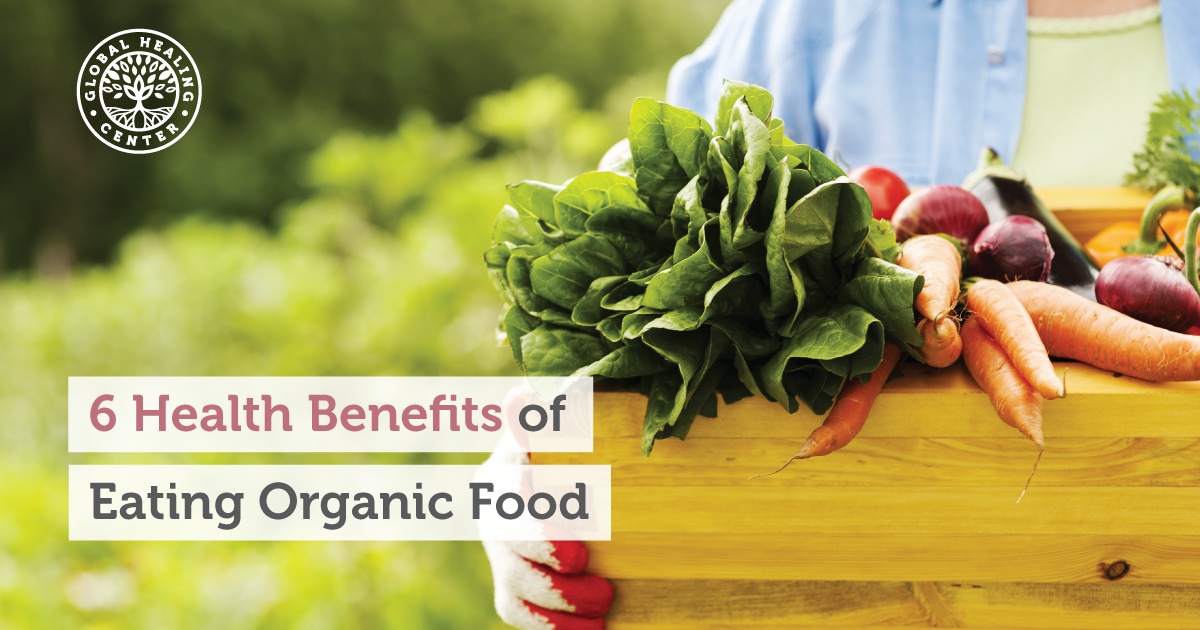 |
Nuts and SeedsNuts and seeds are nutrient-rich crunchy tidbits that add a protein, fiber and healthy fat punch to meals and snacks. They’re also a great source of.. |
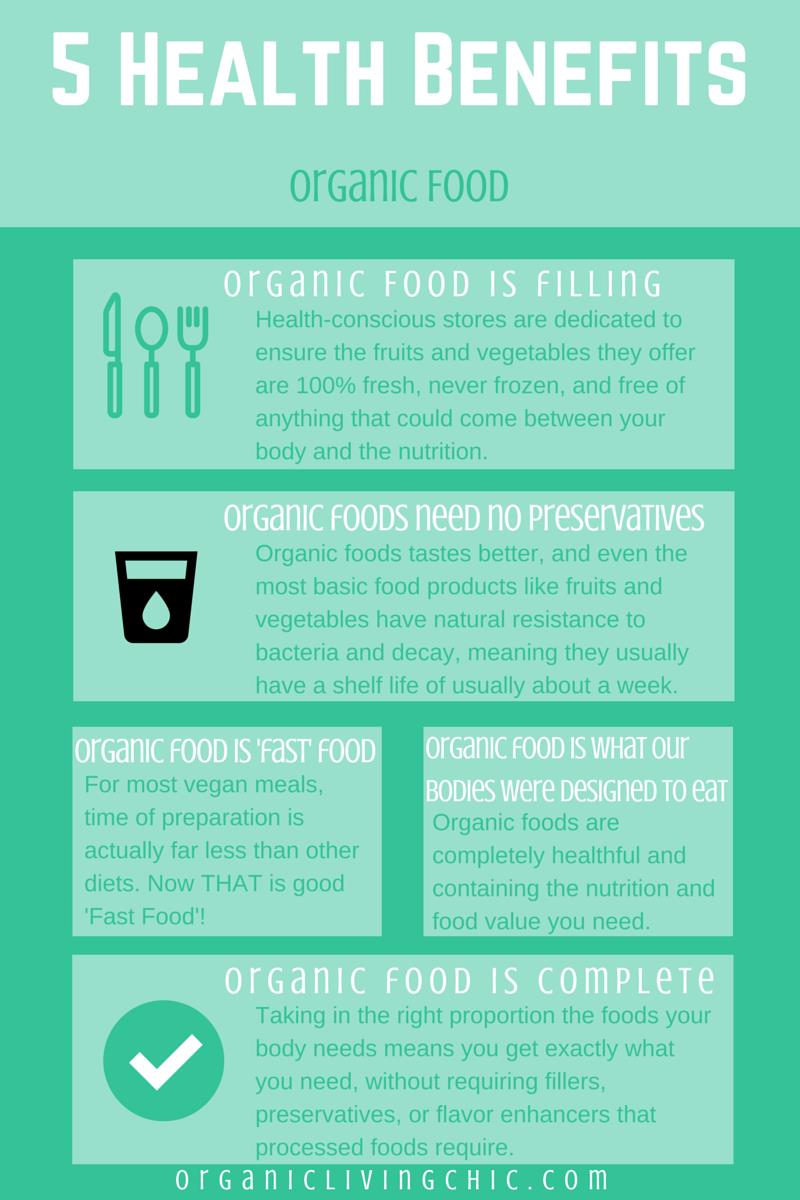 |
Organic Food For A Six Pack? The TRUTH About Organic vs Conventional Foods!Get ripped and keep your strength: http://goo.gl/uLzHn6 Hey guys, it's Clark over at Six Pack Shortcuts and today we're gonna talk about organic vs |
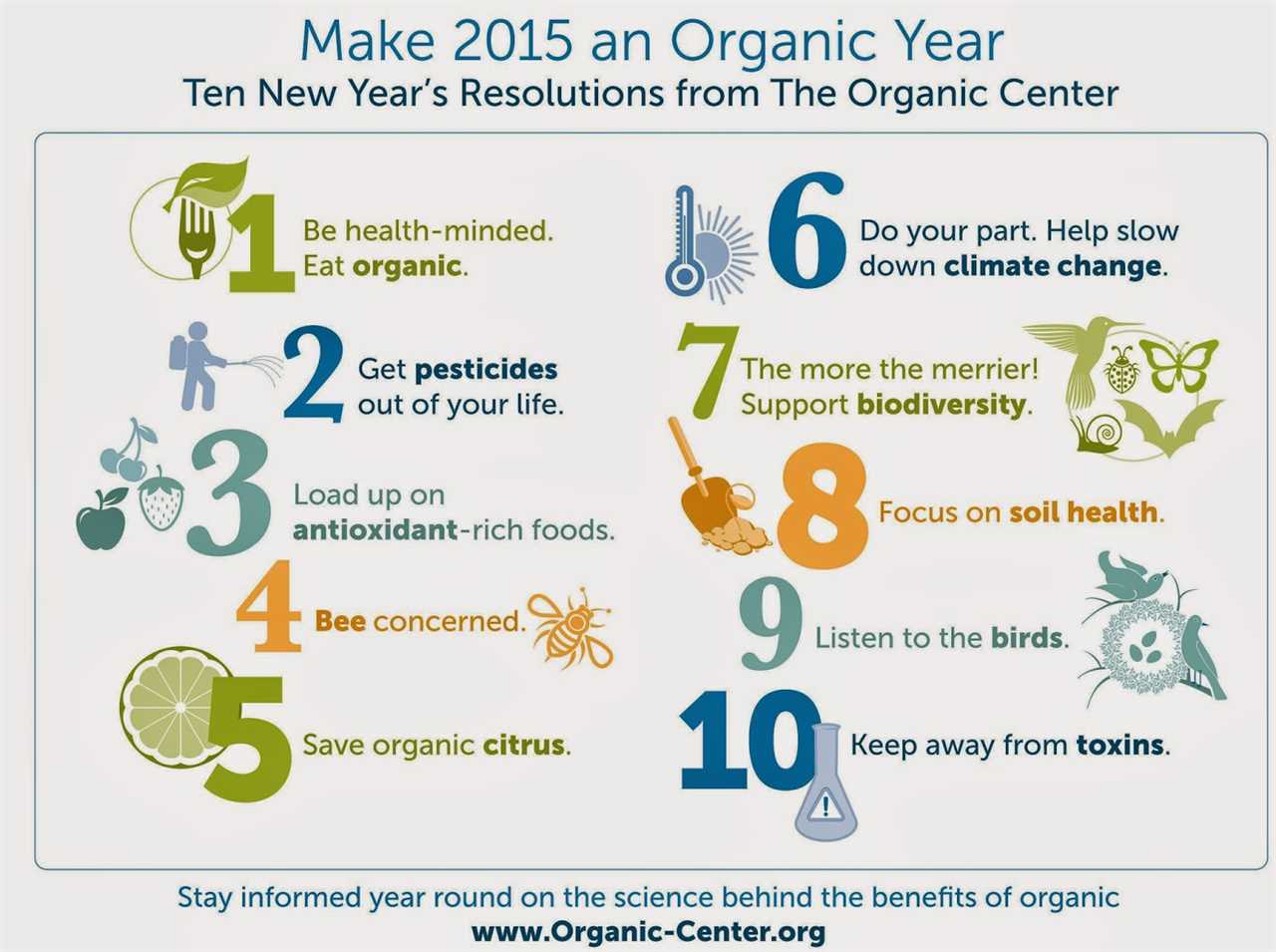 |
Organic vs Conventional Produce - The Dirty Dozen & Clean 15 ExplainedClick https://skl.sh/flavcitywithbobbyparrish to get 2 months of Skillshare for FREE! Here is a full review of the dirty dozen fruits and vegetables and |
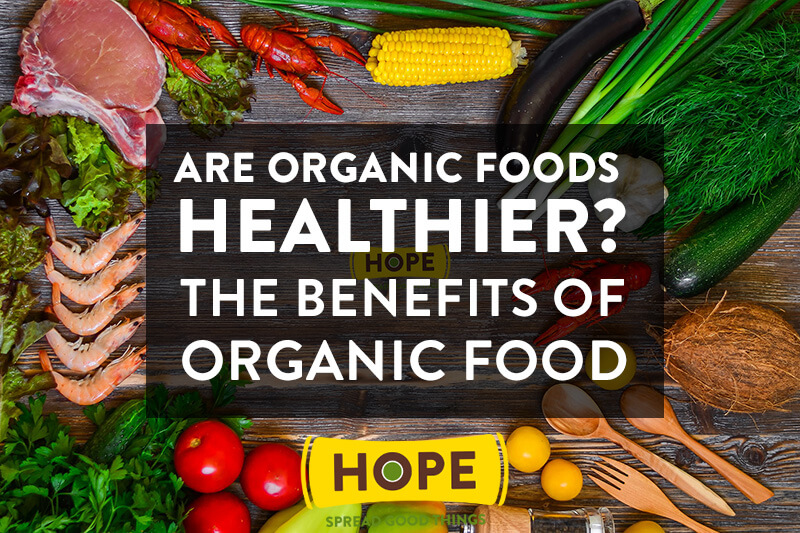 |
Are Organic Foods Really Healthier?It's widely believed that organic foods are more nutritious and safer than non-organic foods, even though the evidence is far from clear. Food certified as |
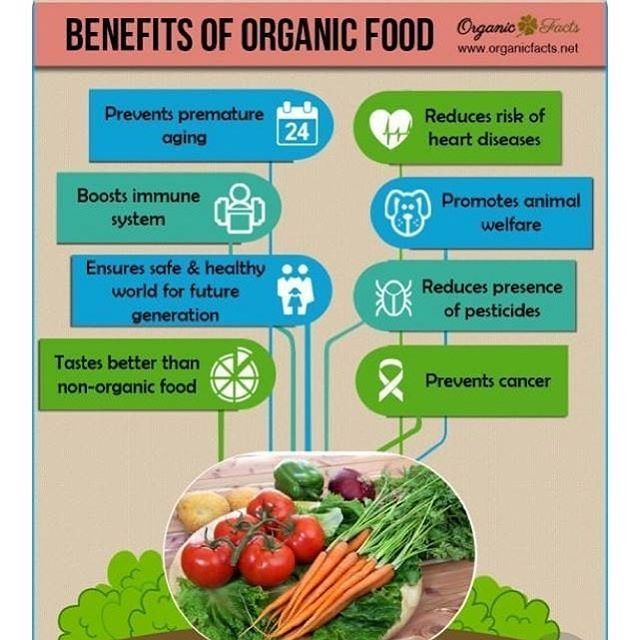 |
Are GMOs Good or Bad? Genetic Engineering & Our FoodAre GMOs bad for your health? Or is this fear unfounded? OUR CHANNELS German Channel: https://kgs.link/youtubeDE Spanish Channel: |
 |
How the food you eat affects your brain - Mia NacamulliView full lesson: http://ed.ted.com/lessons/how-the-food-you-eat-affects-your-brain-mia-nacamulli When it comes to what you bite, che […] |
 |
Is Buying Organic Food Worth The Cost?Subscribe to Goodful: https://bzfd.it/2QApoPk Goodful Goodful Feel better, be better, and do better. Subscribe to Goodful for all your healthy self care |
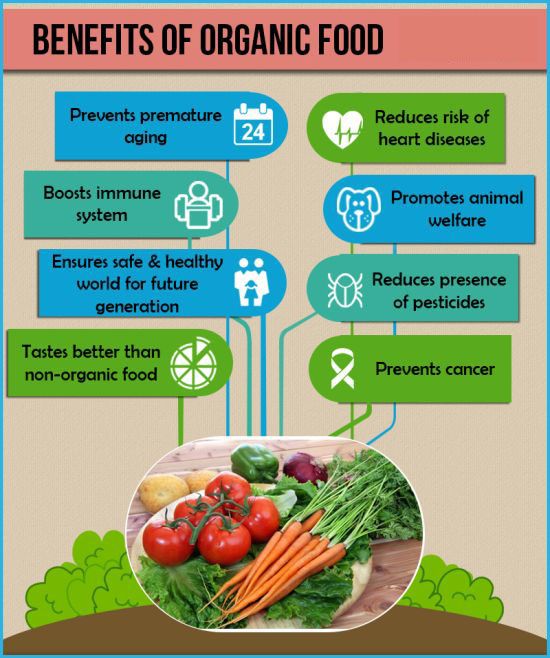 |
Benefits of Choosing Organic Gluten-Free OptionsIf you’ve been diagnosed with gluten sensitivity or celiac disease, you know how hard it can be to avoid foods containing wheat and other grains. But |
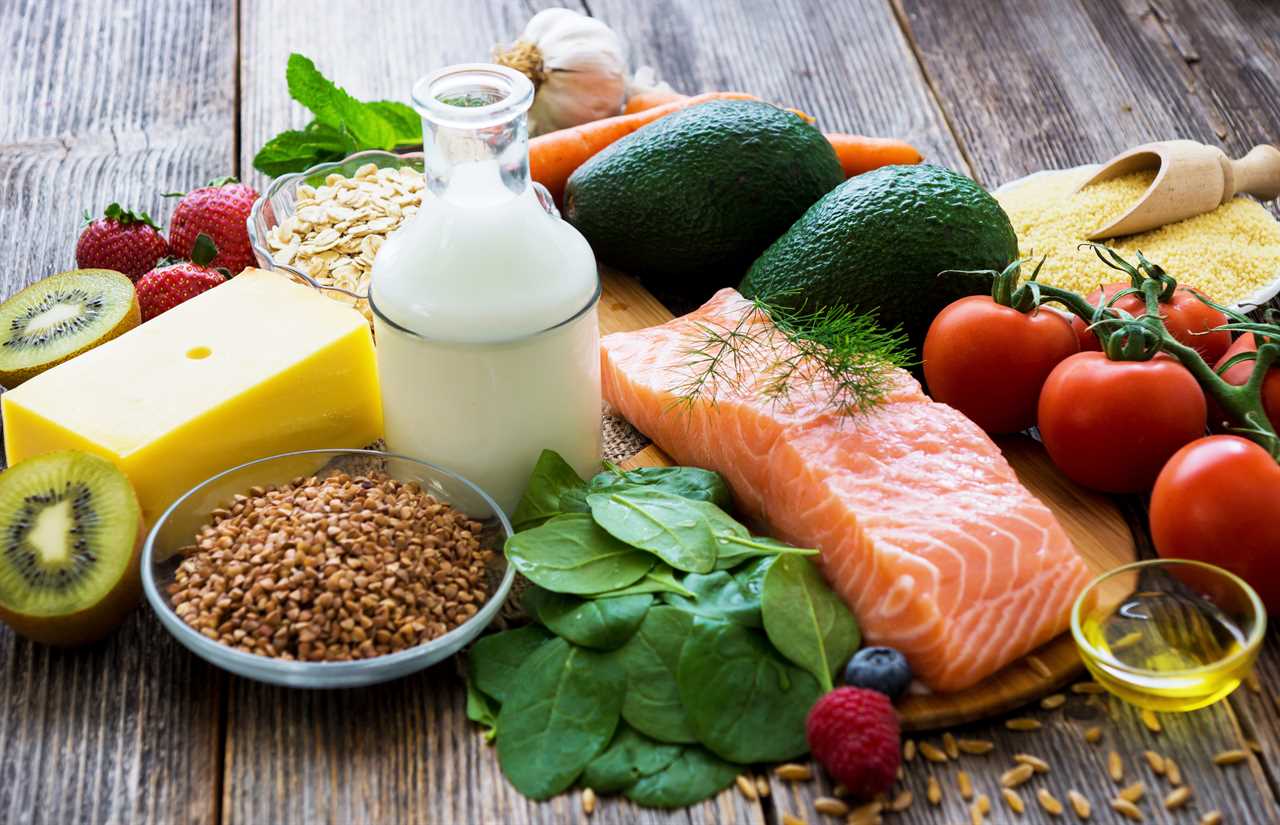 |
Joseph Wang LIVE (Bank Bailouts and Moral Hazards Deep Dive)buy my stuff Come to rebel capitalist live at https://rebelcapitalistlive.com Check out my private, online investment community (Rebel Capitalist Pro) |
 |
Organic Farming and Soil HealthOrganic farming practices promote soil health through crop rotations, symbiotic associations, cover crops and minimum tillage. These management.. |
 |
Research Reveals How Your Body Reacts When You Eat Only Organic FoodsThere is a growing belief that organic foods are healthier for us than non-organic foods. This ever-increasing belief is responsible for significant growth in |
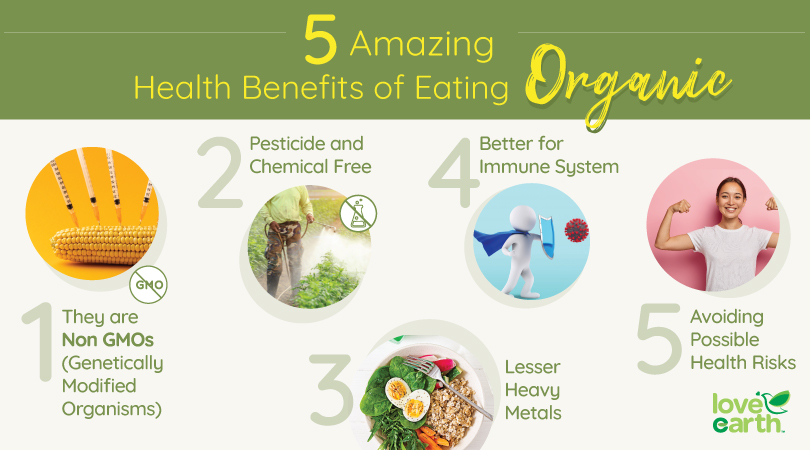 |
Stop Wasting Money on These ORGANIC Veggies (you don’t need to buy them organic)Click Here to Subscribe: http://Bit.ly/ThomasVid Get MY Recommendation on Groceries Delivered to Your Doorstep with Thrive Market: http: […] |
 |
If You Eat an Avocado a Day For a Month, Here''s What Will Happen to YouWhat Will Happen to Your Body If You Eat Avocado Every Day. The avocado is a unique fruit with multiple nutritional and health benefits. How would your body |
 |
Korean GardeningKorean gardening is one of the oldest ways to grow plants. It involves planting herbs, fruits, and vegetables that are used in kimchi, a type of.. |
 |
The Rodale InstituteThe Rodale Institute is a nonprofit organization that aims to support research into organic farming. It was founded in 1947 by J. I. Rodale, an.. |
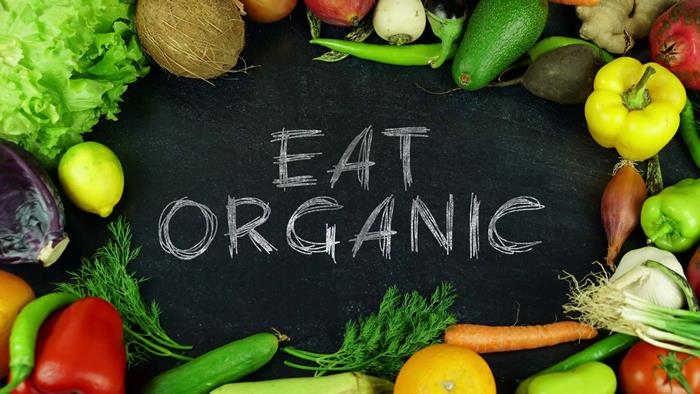 |
Organic eatingOrganic Cultur |
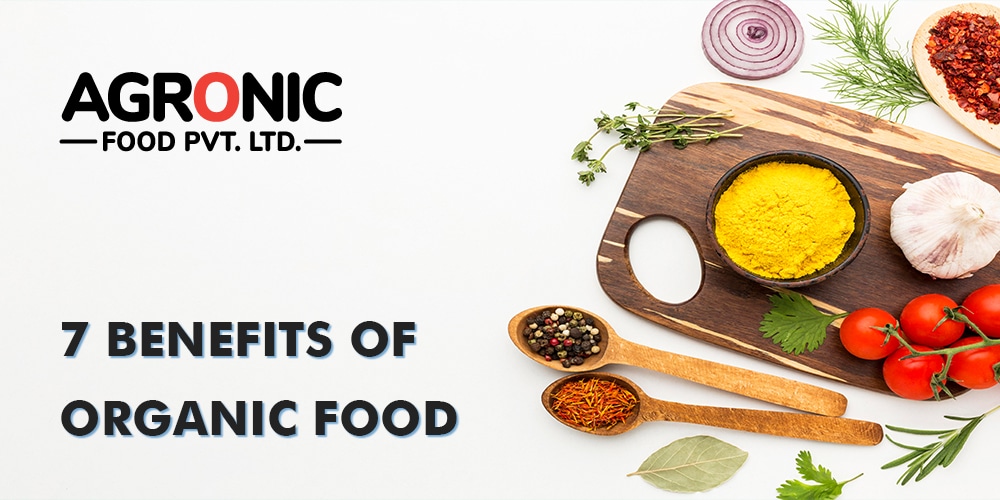 |
What is a Conventional Farm?Conventional farm is the term used to describe a farm that is not organic. It is a form of agriculture that is associated with better soil quality,.. |
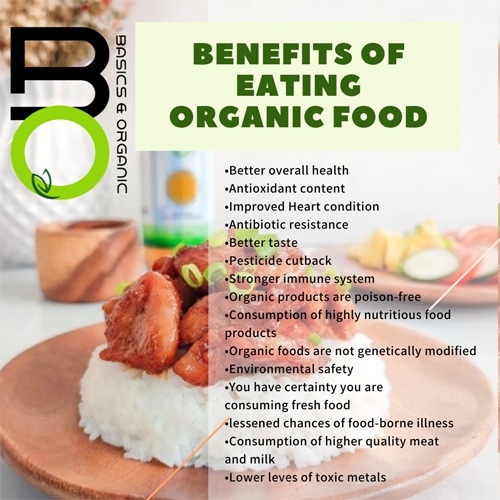 |
Chhattisgarh's Organic Farming SchoolsThe government of Chhattisgarh has started to introduce organic farming schools. This initiative is intended to provide the young generation with the |
 |
Can Organic Be GMO?The question Can organic be GMO is an ongoing debate among many consumers. While it's possible to eat foods that have been produced using genetic.. |
 |
When Did Organic Food Start?The answer to the question when did organic food start? will vary depending on the time period in which you are looking at. For instance, it may be a |
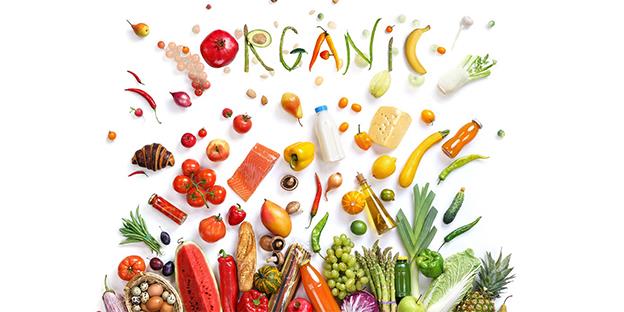 |
Organic Farming PrinciplesOrganic farming is a practice that is designed to be sustainable and healthy. Its principles include avoiding harms produced by industrial farming.. |
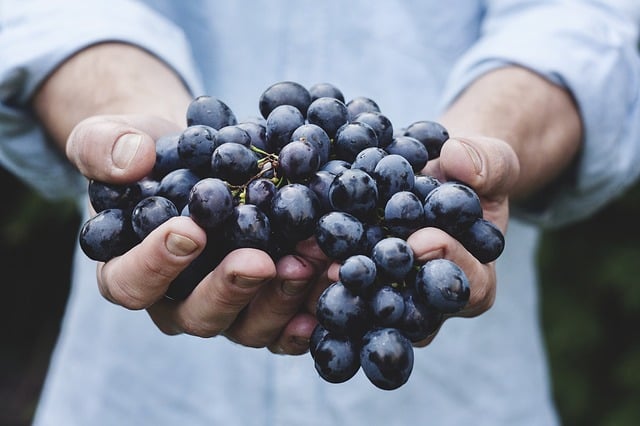 |
Soil Composition and BiodiversityThe soil that we have around us is a vital part of our lives. It is the home for many plants and animals. It also has a texture, a color, and many.. |
 |
The Benefits and Pitfalls of Organic Farming OrganizationsOrganic farming is an approach to farming that is not only ecologically sound, but also financially feasible. It is a method that is free from.. |
 |
Exotic VegetablesWhen it comes to vegetables, there are plenty of choices to choose from. Some of the most popular choices include broccoli, corn, carrots, and.. |
 |
Learn How to Become an Organic Farmer Through a Training ProgramIf you are looking to become an organic farmer, there are several ways you can do so. One option is to take a training program that will teach you.. |
 |
Benefits of Cover CropsIf you aren't familiar with cover crops, you may be surprised to learn that they are plants that are planted to grow on top of the soil to help.. |
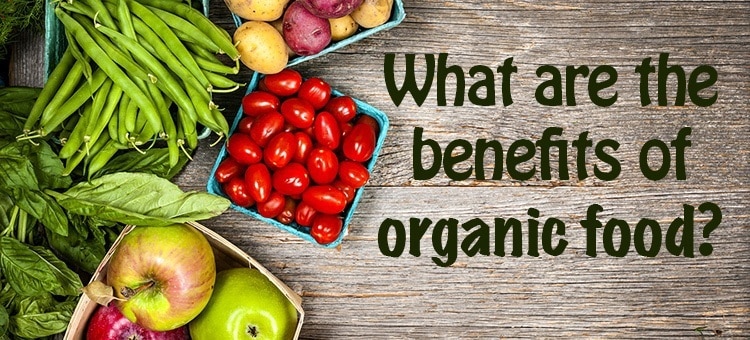 |
What is Organic Cotton?Organic cotton is the type of cotton that is grown without using pesticides or chemicals. It is also the type of cotton that is grown in subtropical.. |
 |
Is Organic Farming Beneficial to Biodiversity?Organic farming is a growing interest in the scientific community, and researchers have been investigating whether the practice is beneficial to.. |
 |
The Benefits of CompostingComposting your waste can be a very effective way of ensuring that your organic material is being broken down to the best of its ability. When.. |
 |
The Difference Between Organic Milk and Regular MilkOrganic milk is a type of milk that comes from livestock that is raised according to organic farming methods. This is a term that is regulated by.. |
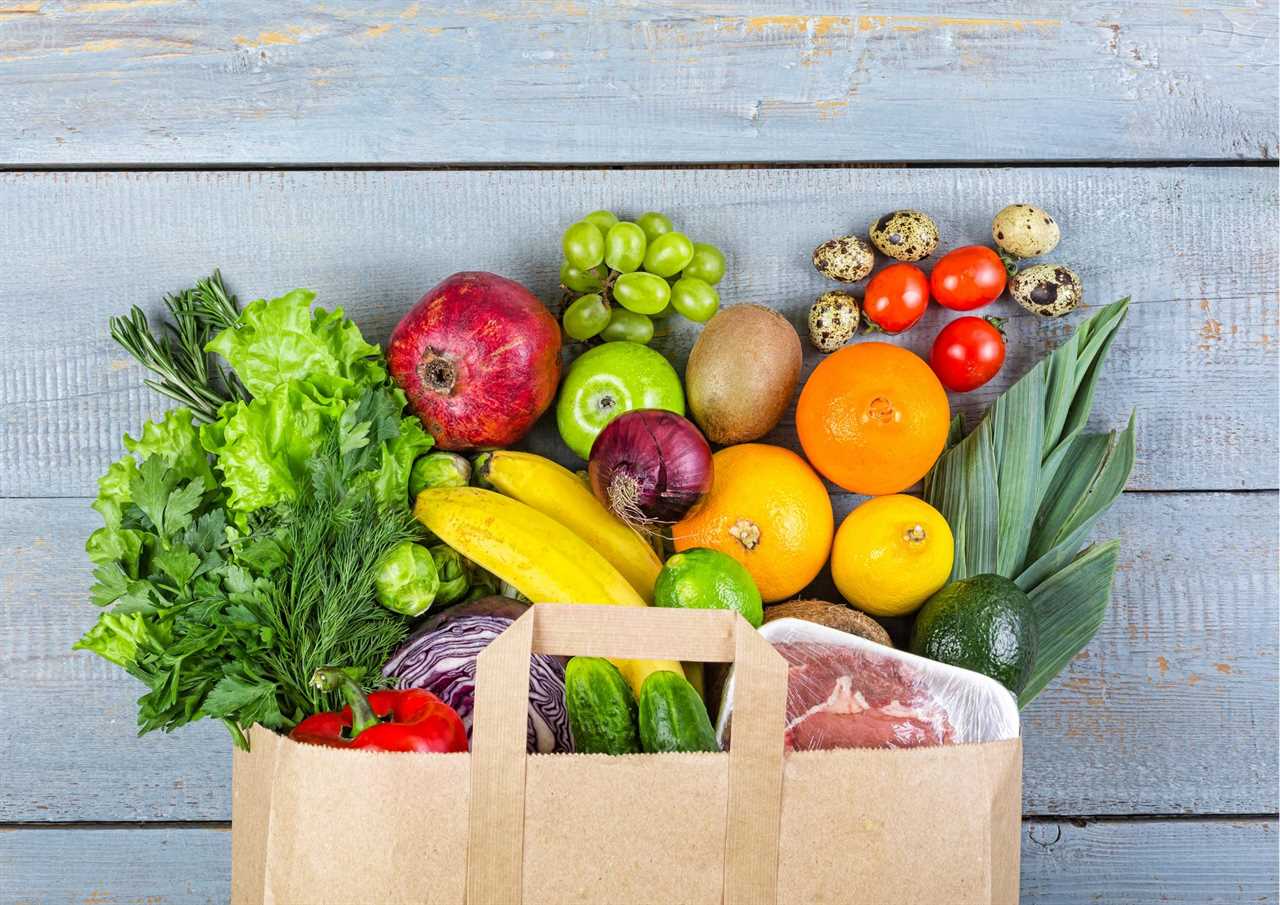 |
Organic Farming MagazineOrganic farming magazine is a resource that provides you with the latest information on organic agriculture, health, and sustainability. It also.. |
 |
The Latest Research on Organic | The Organic CenterResearched articles about eating Organic food |
.png)





